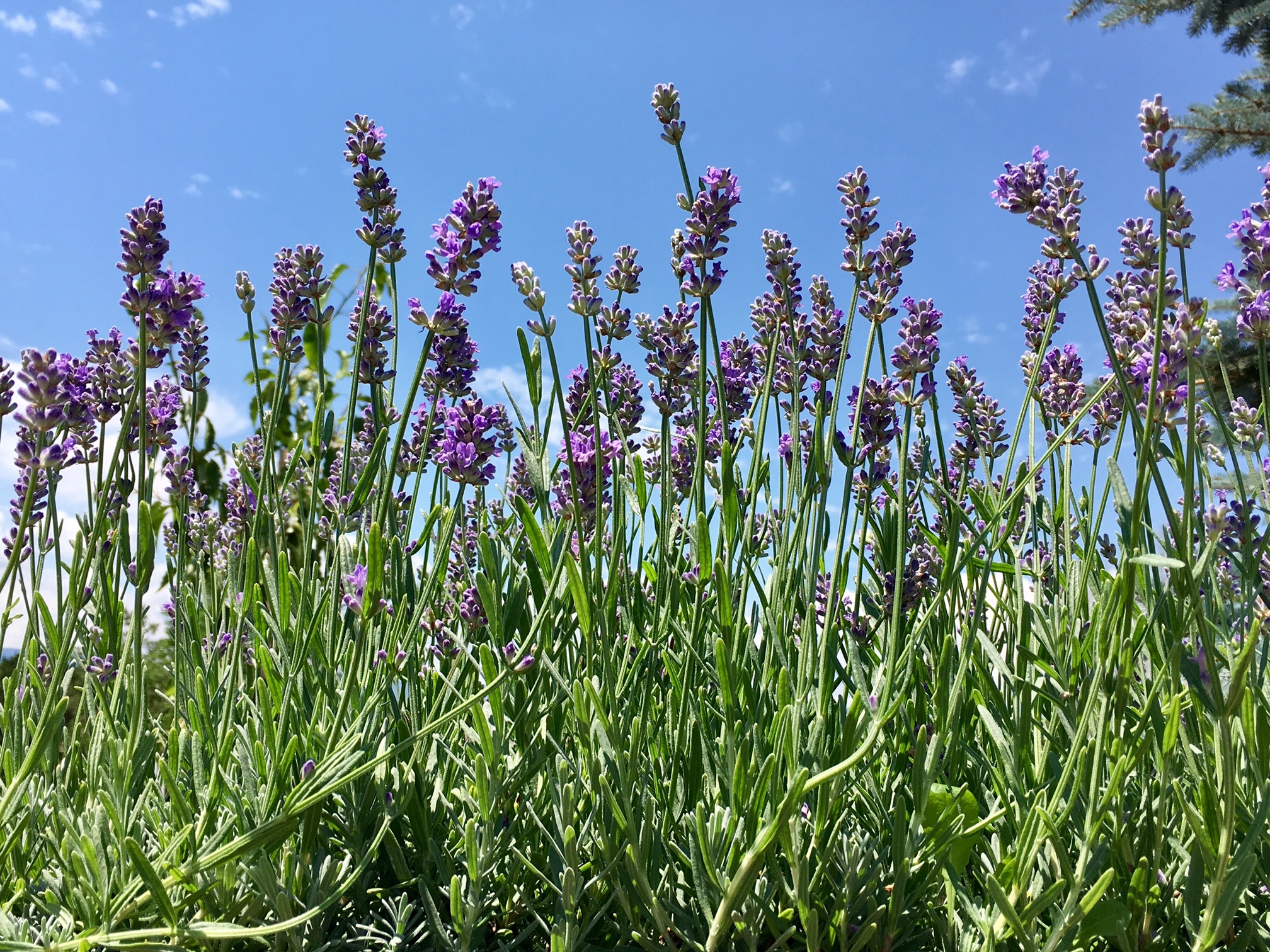Most insect-repelling plants do so with their natural fragrances, which keep annoying mosquitoes away and introduce wonderful scents throughout your garden. Place these plants in areas where you and guests will often be such as by a seating area or a doorway.
Lavender
Their lovely fragrance comes from its essential oils that are found on the leaves of the plant. This plant is very tough and drought-resistant once established, and only needs full sun and good drainage. And while it can endure many climates, it thrives in warmer areas.
Marigolds
Marigolds, an easy-to-grow annual flower, emit a smell that deters mosquitoes. Grow them in pots and place them near your patio or entrance to your home to keep bugs out. Marigolds are also a popular addition to borders and vegetable gardens. According to some, not only can they keep away mosquitoes, but they also dissuade aphids, thrips, whiteflies, Mexican bean beetles, squash bugs, and tomato hornworms.
Citronella Grass or Lemon Grass
Known for its distinct smell, citronella grass is the most commonly used natural ingredient in mosquito repellants. And the good news is that the living plant is the most effective at repelling pests. This low maintenance plant does best in large planters because it cannot withstand frost, but in warmer climates, can be planted directly a sunny area in the ground.
Catmint
Catmint can be found thriving almost anywhere. It is from the mint family and grows abundantly in the garden. It is very easy to take care of and may even start to invade other areas of your garden. According to some studies, catmint was found to be ten times more effective than DEET, the chemical used in most insect repellants.
Rosemary
Another great mosquito repellant is rosemary. Rosemary is an herb that many of us are very familiar with and their woody scent is exactly what keeps mosquitoes as well as cabbage moths and carrot flies away. They do best in hot and dry climates and thrive in containers, which may be ideal for areas with winters. They can also be pruned into all sorts of shapes and sizes and make great borders or decorations. While the pests stay away you can enjoy the herb’s scent and use it to season your cooking.
Basil
Basil is another herb that can also double as a pest repellent. The pungent smell the basil leaves give off are what keep pests at bay. And since all kinds of basil work to keep flies and mosquitoes at bay, feel free to explore and find the right types of basil to mix into your garden. This herb likes to be kept damp, needs good drainage, and enjoys lots of sun. You can plant basil in containers or in the garden, alone or with other flowers.

